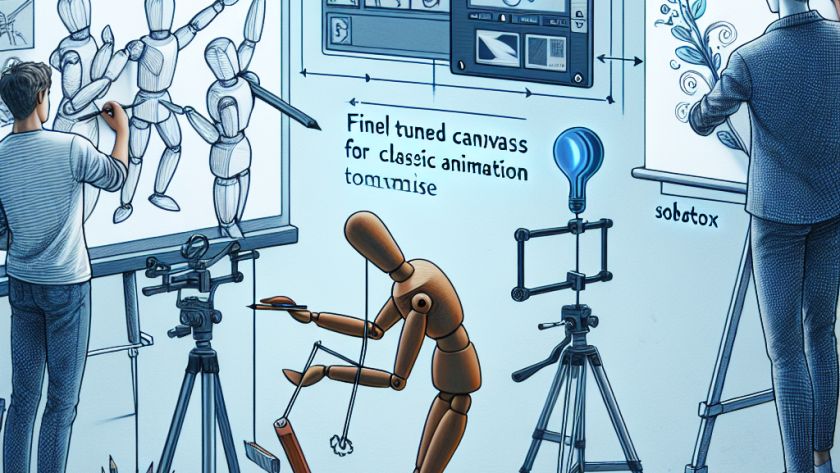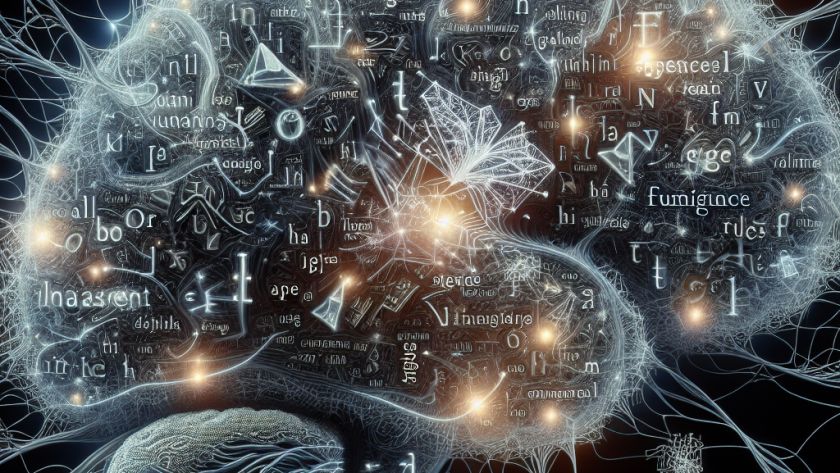The "Generative AI: Shaping the Future" symposium, the kickoff event of MIT’s Generative AI Week, drew hundreds of attendees both from academia and industry. Rodney Brooks, iRobot co-founder and keynote speaker, warned attendees against uncritically overestimating the capabilities of generative AI, a technology increasingly powering tools such as OpenAI’s ChatGPT and Google’s Bard.
Generative AI…












